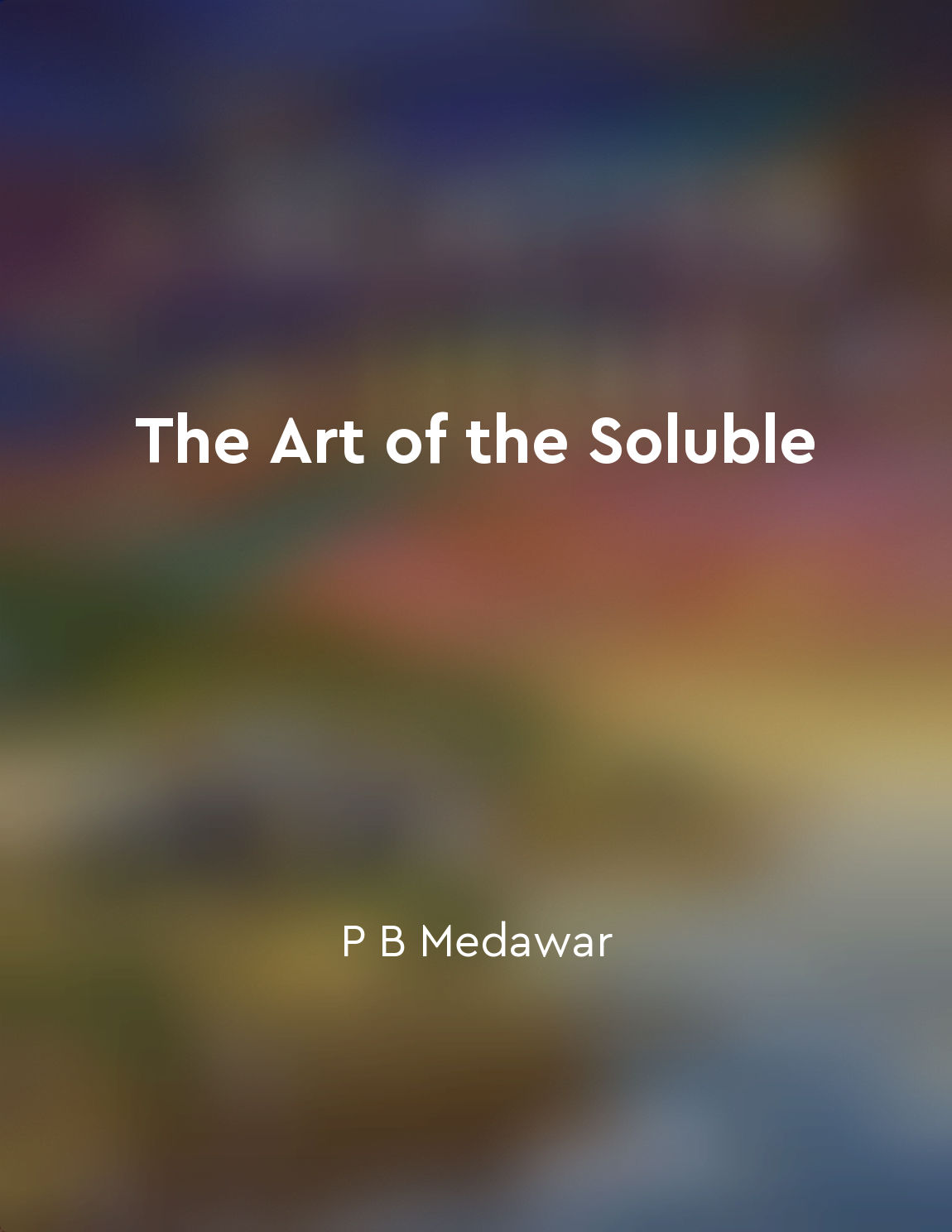Critical thinking helps to mitigate the impact of cognitive biases from "summary" of The Invisible Gorilla by Christopher Chabris,Daniel Simons
When we talk about cognitive biases, we are referring to the systematic errors in our thinking that can lead us astray. These biases can affect our judgment and decision-making in subtle yet profound ways, often without us even realizing it. They stem from the way our brains process information, relying on mental shortcuts and heuristics that can sometimes lead us to the wrong conclusions. Critical thinking, on the other hand, involves actively and skillfully analyzing, evaluating, and synthesizing information to make reasoned judgments. It requires us to question assumptions, consider alternative perspectives, and weigh evidence before coming to a conclusion. In essence, critical thinking is about being aware of our own thought processes and actively working to overcome biases and fallacies that might cloud our judgment. By engaging in critical thinking, we can effectively combat the influence of cognitive biases on our decision-making. When we approach a problem or situation with a critical mindset, we are better equipped to spot potential errors in our thinking and to consider alternative explanations. This allows us to make more informed and rational decisions, free from the distortions caused by our cognitive biases. In their book 'The Invisible Gorilla', Chabris and Simons highlight the importance of critical thinking in mitigating the impact of cognitive biases. They point out that simply being aware of these biases is not enough – we must actively work to counteract them through the use of critical thinking skills. By questioning our assumptions, seeking out new information, and considering different viewpoints, we can reduce the likelihood that cognitive biases will lead us astray.- The ability to think critically is a powerful tool that can help us navigate the complexities of the world around us. By cultivating this skill and applying it to our everyday decision-making, we can guard against the undue influence of cognitive biases and make more reasoned and informed choices. So, the next time you find yourself facing a difficult decision, remember the importance of critical thinking in overcoming the limitations of your own mind.
Similar Posts

Dark psychology involves manipulation tactics
Dark psychology involves manipulation tactics that are used by individuals to control, influence, and exploit others for their ...

A scientist must be willing to accept uncertainty and ambiguity
The pursuit of scientific knowledge is a noble endeavor fraught with challenges and obstacles. One of the fundamental principle...
The importance of continuous learning in today's competitive world
In today's fast-paced and ever-changing world, the ability to continuously learn and adapt is no longer just a nice-to-have ski...
Resilience is the key to overcoming setbacks and thriving in adversity
Resilience, the ability to bounce back from setbacks and challenges, is a crucial factor in not just surviving but thriving in ...
Engage with thoughtprovoking discussions
To truly expand your knowledge and stimulate your mind, it is essential to actively participate in thought-provoking discussion...
Atheists can uphold ethical principles
One of the most common misconceptions about atheism is that it is synonymous with immorality. Many people believe that without ...
Cultivate a sense of purpose
One of the most important elements of living a fulfilling life is having a sense of purpose. When you have a clear purpose, you...

Stay focused
To achieve success in your studies, it is crucial to maintain focus on your goals. Distractions can easily divert your attentio...

